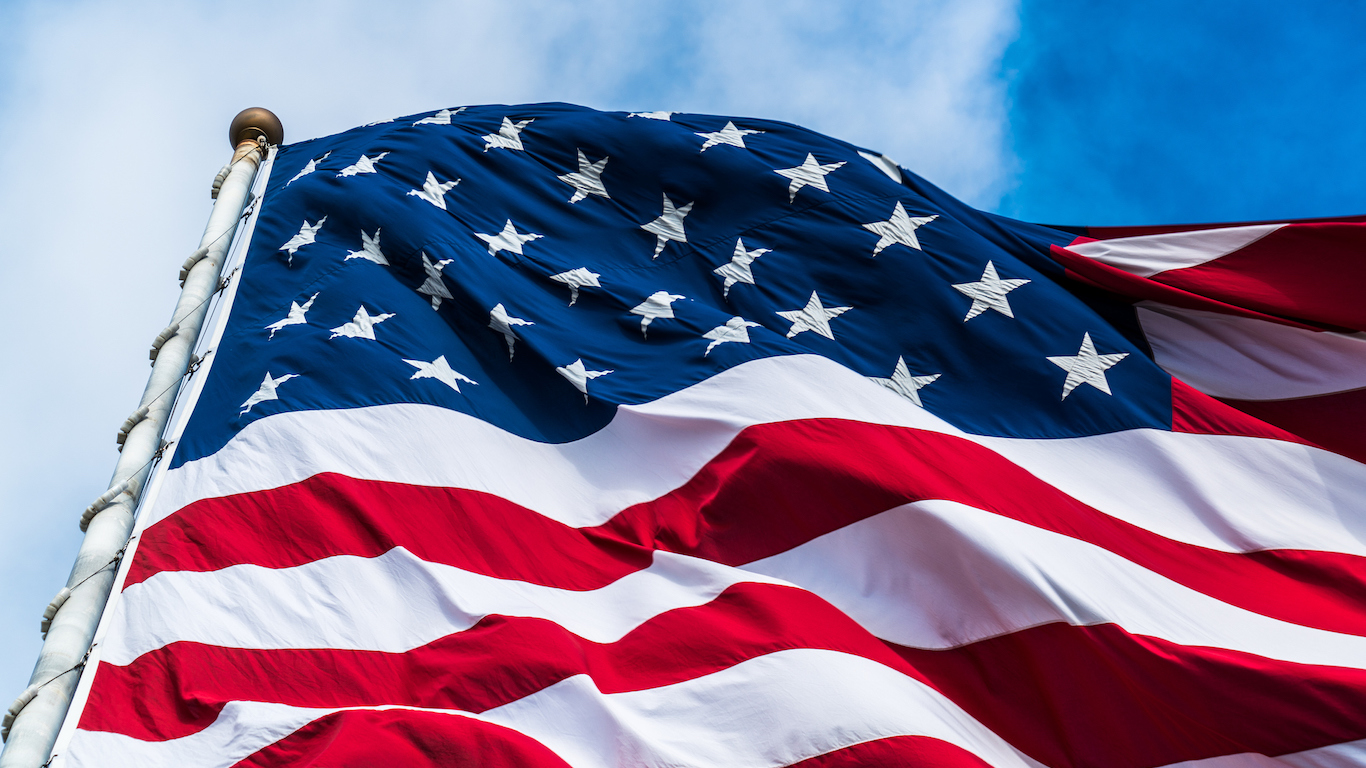

How many Constitutional amendments are there? Are your Facebook rants considered protected speech? What percentage of U.S. citizens were born abroad? Do you know why Chicago is called the “Windy City”? These are a few of the questions that many Americans struggle to answer about their country.
The United States is a large country, so it’s understandable that many Americans might not be able to answer trivia questions like how Chicago got its nickname. But surveys suggest many Americans also seem to lack important basic knowledge about the history of their country or simple details about how their government functions.
“It’s troubling that so few know what rights were guaranteed by the First Amendment,” Kathleen Hall Jamieson, director of the Annenberg Public Policy Center of the University of Pennsylvania, said in September following the release of the center’s latest annual survey of Americans’ civic knowledge.
Among this year’s findings: Less than half of Americans can name the three branches of government while more than half believe the First Amendment compels social media platforms to allow their users to express themselves freely.
Basic facts about history are also lost to a sizable portion of the population. For example, a 2018 survey by the Woodrow Wilson National Fellowship Foundation found that a staggering 60% of respondents couldn’t name the countries the U.S. fought in World War II. (These are the 18 biggest battles fought in World War II.)
To compile a list of questions about America that Americans (or at least a considerable percentage of them) can’t answer, 24/7 Tempo reviewed a report by the Woodrow Wilson National Fellowship Foundation based on a 2018 national survey conducted by the analytic research firm Lincoln Park Strategies; a 2015 survey conducted by the market research company Ipsos MORI; and two online guides for the U.S. citizenship test. (You might be surprised at the identity of some famous Americans who are no longer U.S. citizens.)
Click here to see 21 questions about America that Americans can’t answer
The questions and facts on the following list are in no particular order.
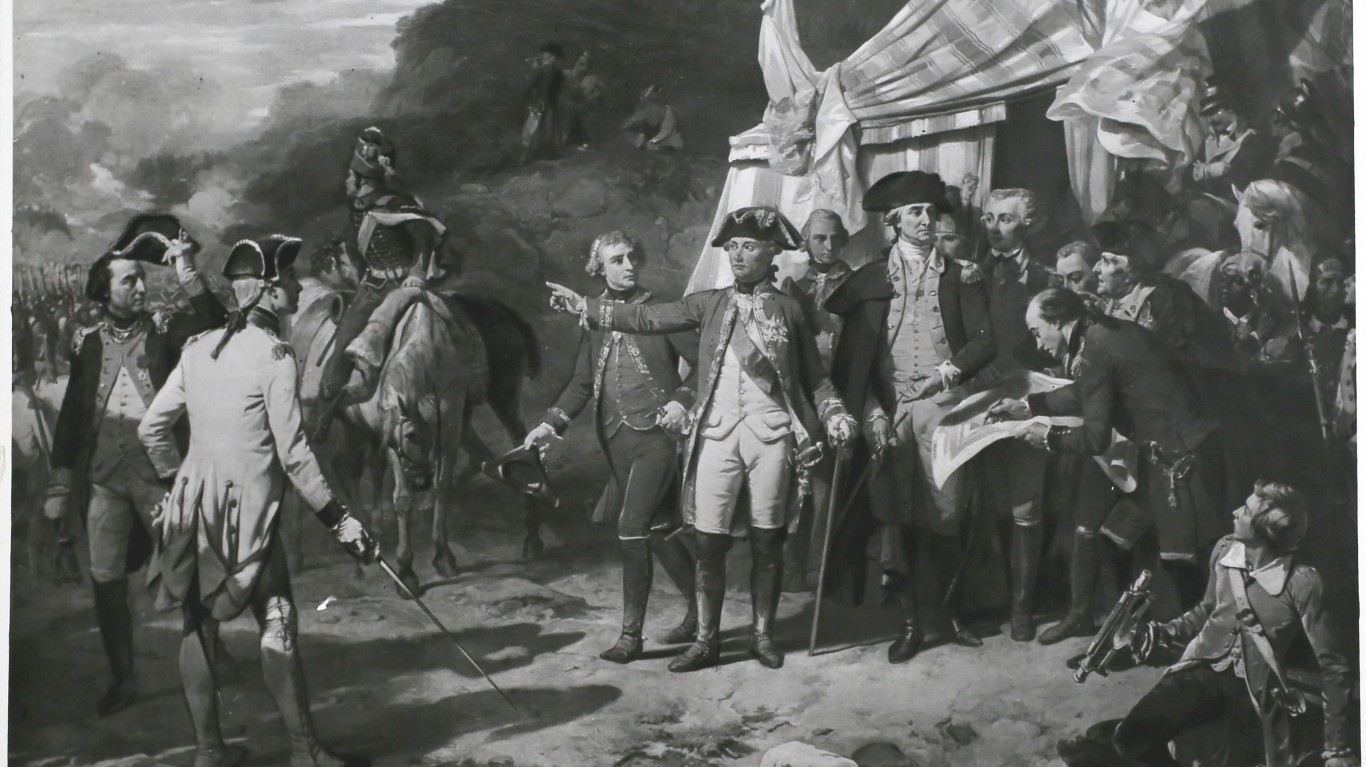
Why did the colonists fight the British?
Seventy-six percent of randomly chosen American citizens don’t know why the colonists fought the British in the War of Independence. The short answer is the colonists wanted self-government because they opposed King George III’s heavy taxes on everyday goods and all sorts of official documents. They were also angered by their lack of representation in London and with being compelled by the Crown to offer sleeping quarters and food to British soldiers.
[in-text-ad]
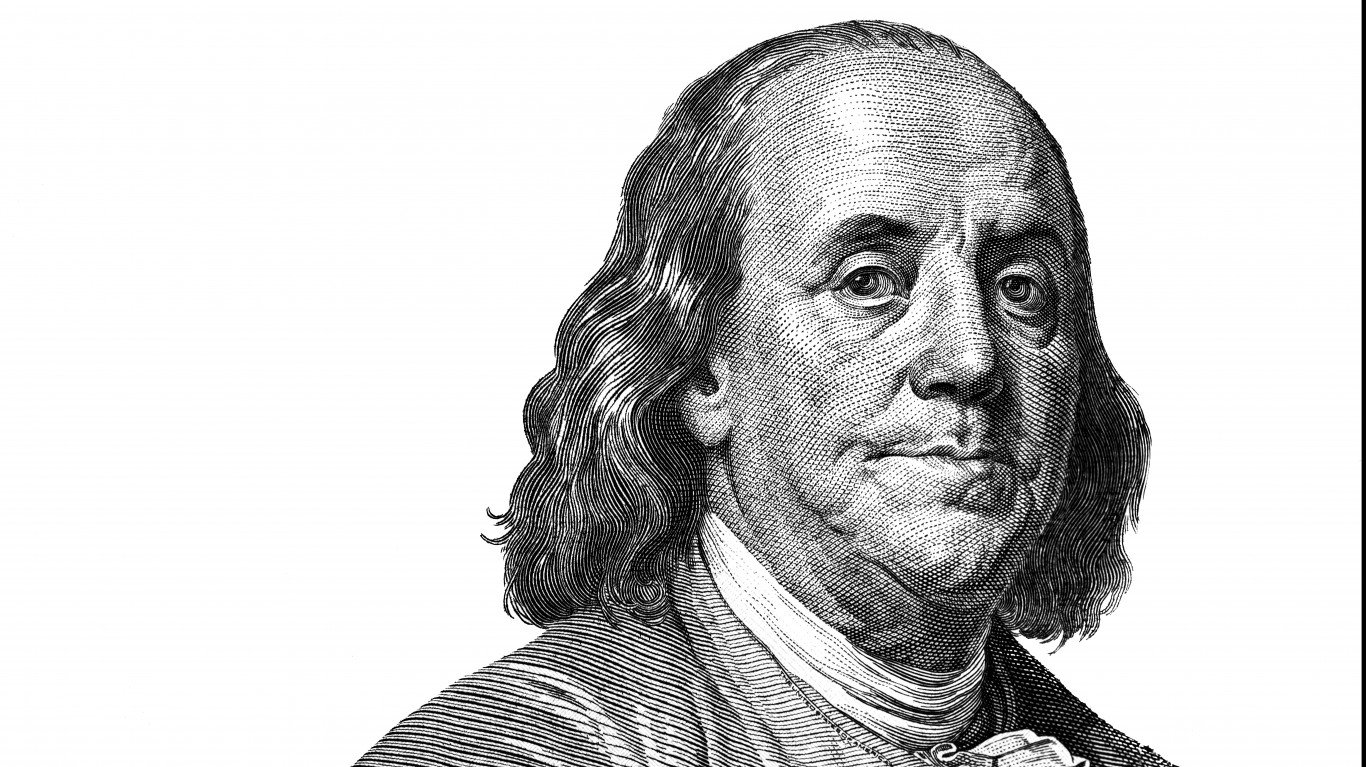
What is Benjamin Franklin famous for?
Only 24% of randomly selected Americans could answer what made Benjamin Franklin famous, with 37 percent answering incorrectly that he invented the light bulb. (Thomas Edison is widely credited with that invention, 89 years after Franklin’s death.) Although Franklin had many interests and accomplishments – he was the first U.S. postmaster general and the first U.S. Ambassador to France, among other things – he’s most famous for having been one of America’s Founding Fathers, and helping draft the Declaration of Independence.
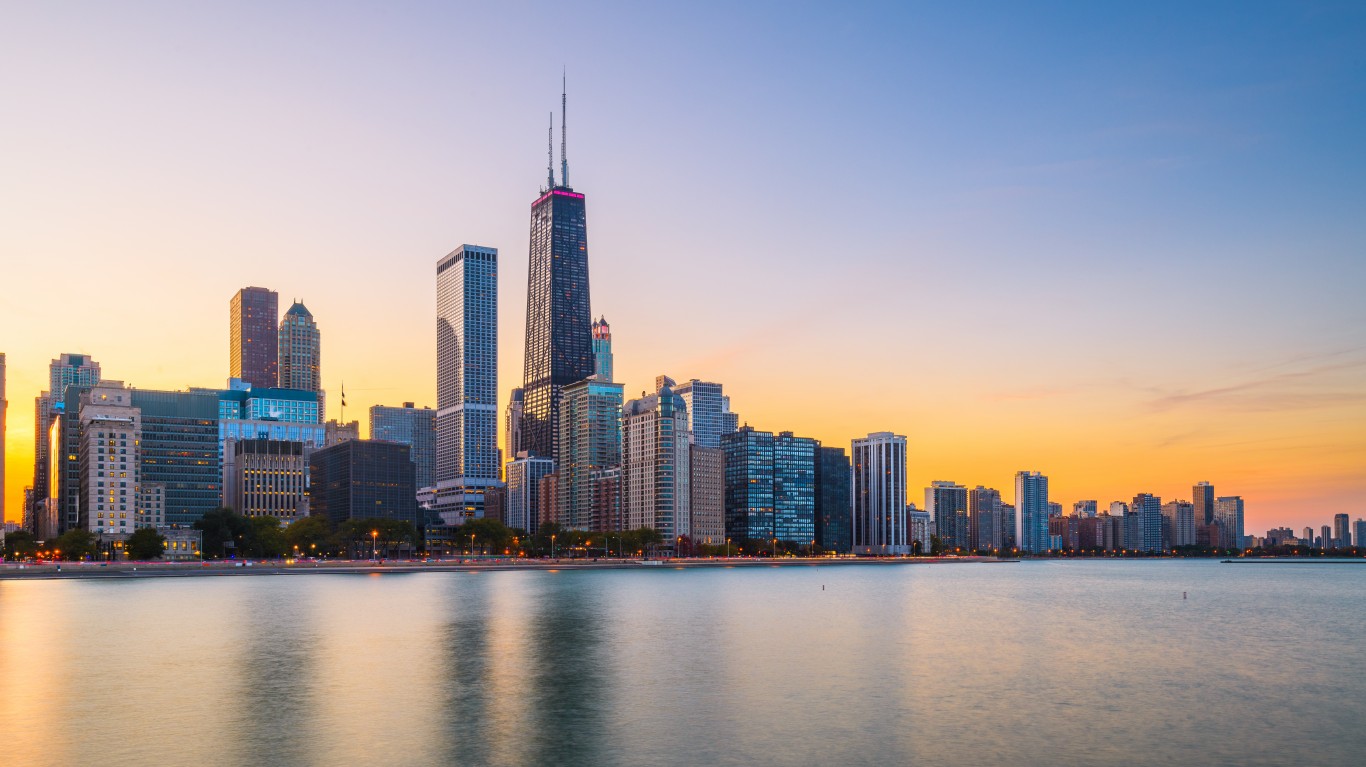
Why is Chicago nicknamed “the Windy City?”
Though this question isn’t on any citizenship test, it’s a common misconception that Chicago earned this nickname because of the heavy winds that blow off Lake Michigan. But Chicago isn’t even among the top 10 windiest U.S. cities, according to the Chicago Tribune. The most likely origin of the term comes from the frequent political conventions that took place in the late 1800s, where prolix politicians earned reputations for their long-winded speeches.
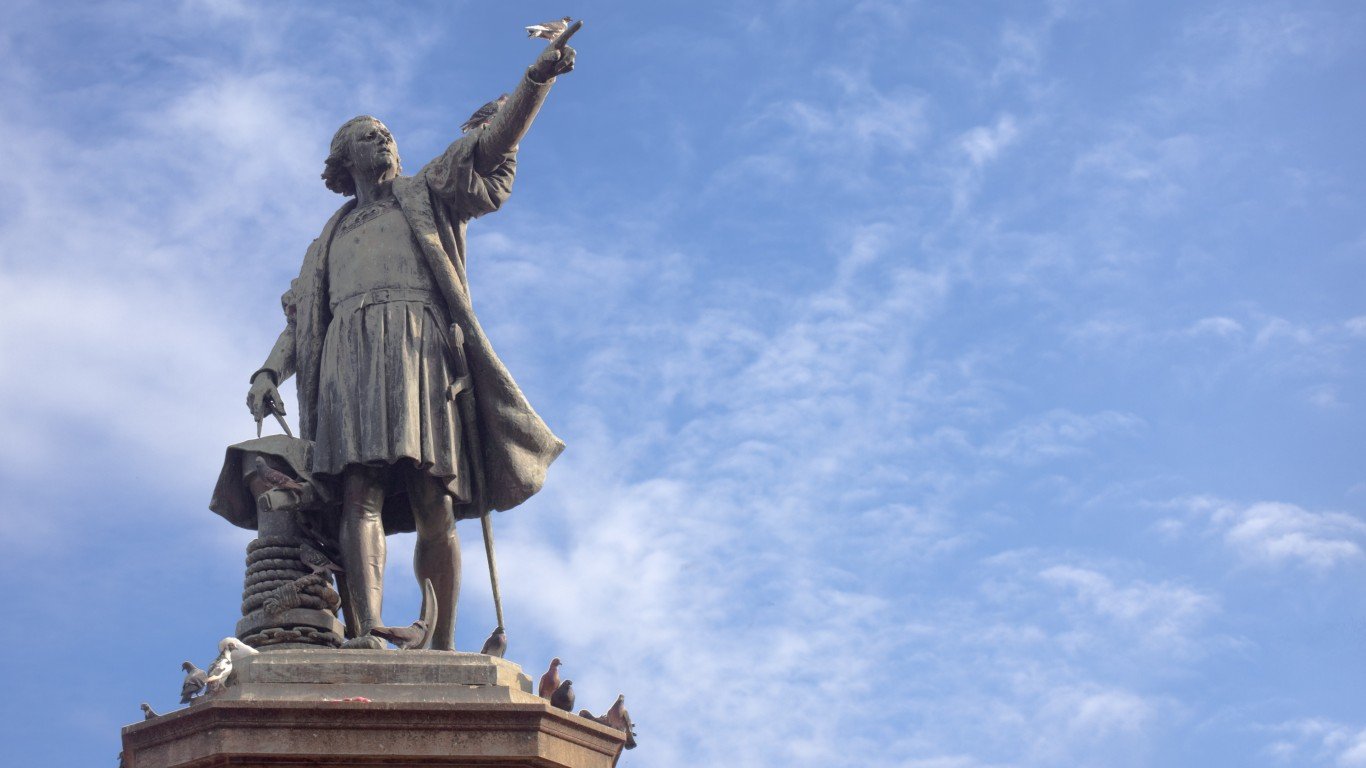
Who discovered America?
It’s conventional knowledge that Christopher Columbus “discovered” America, and the Italian explorer is celebrated with an annual federal holiday on the second Monday of October, commemorating his arrival to the Americas on Oct. 12, 1492, in what is now the Bahamas. But there’s conclusive evidence of Norse colonization in North America (specifically in Newfoundland) occurring hundreds of years before the arrival of Columbus. And of course what became the United States was already occupied by Native American tribes whose distant ancestors are widely believed to have arrived on the continent at least 16,000 years ago.
[in-text-ad-2]
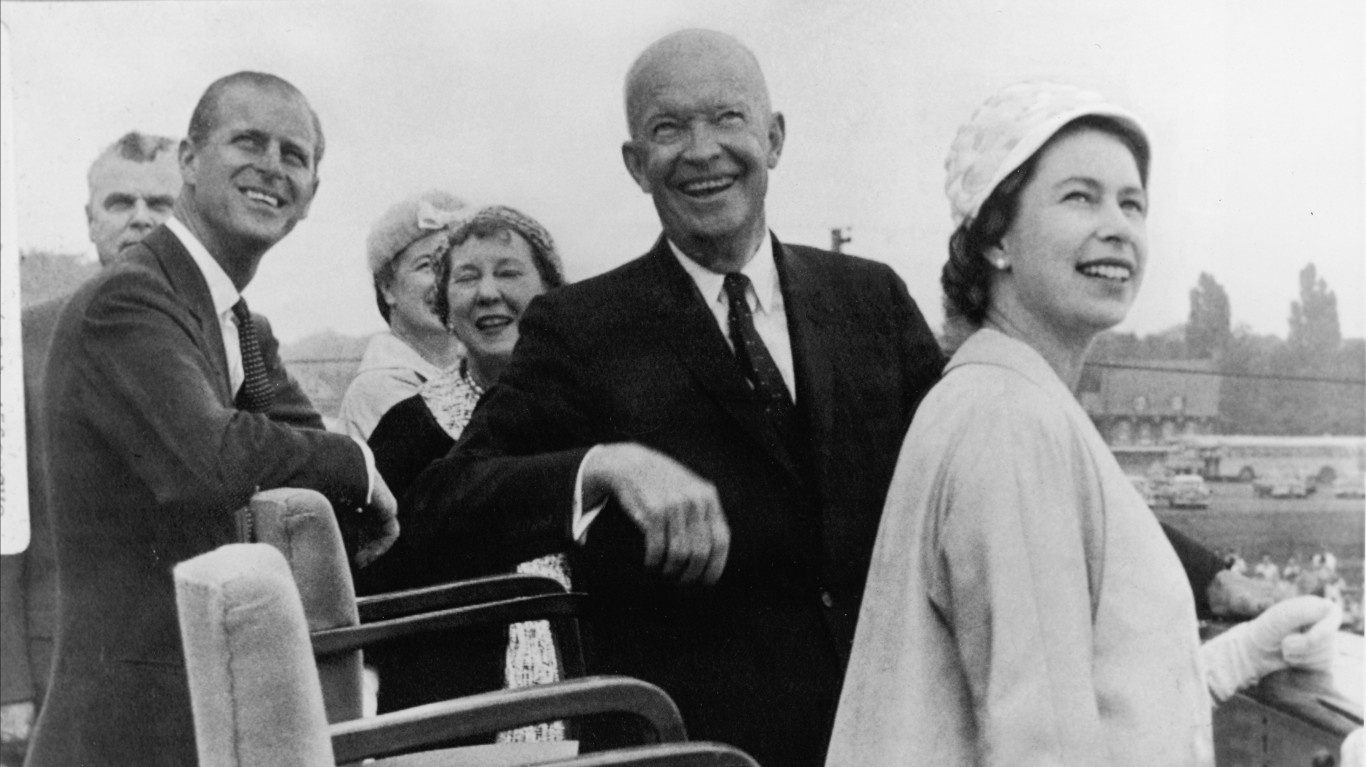
What war Eisenhower was a general in?
With so much attention paid to World War II in Hollywood films and television you’d think all Americans would know that Dwight D. Eisenhower led the Allied invasion of Nazi-occupied Europe that began on D-Day, June 6, 1944. But almost one in five Americans in a 2018 national survey answered that Eisenhower had led American soldiers either in Vietnam or way back during the Civil War.

Is Facebook required to let people express themselves freely?
According to a recent Annenberg Public Policy Center survey, 51% of Americans believe wrongly that the Constitution compels Facebook to allow users to freely express themselves on the platform. It doesn’t. The First Amendment says Congress cannot pass laws abridging free speech or the press. There are legitimate issues about how social media companies’ police their users, and how the government should police social media companies, but the Constitution offers no free speech protections to social media subscribers.
[in-text-ad]
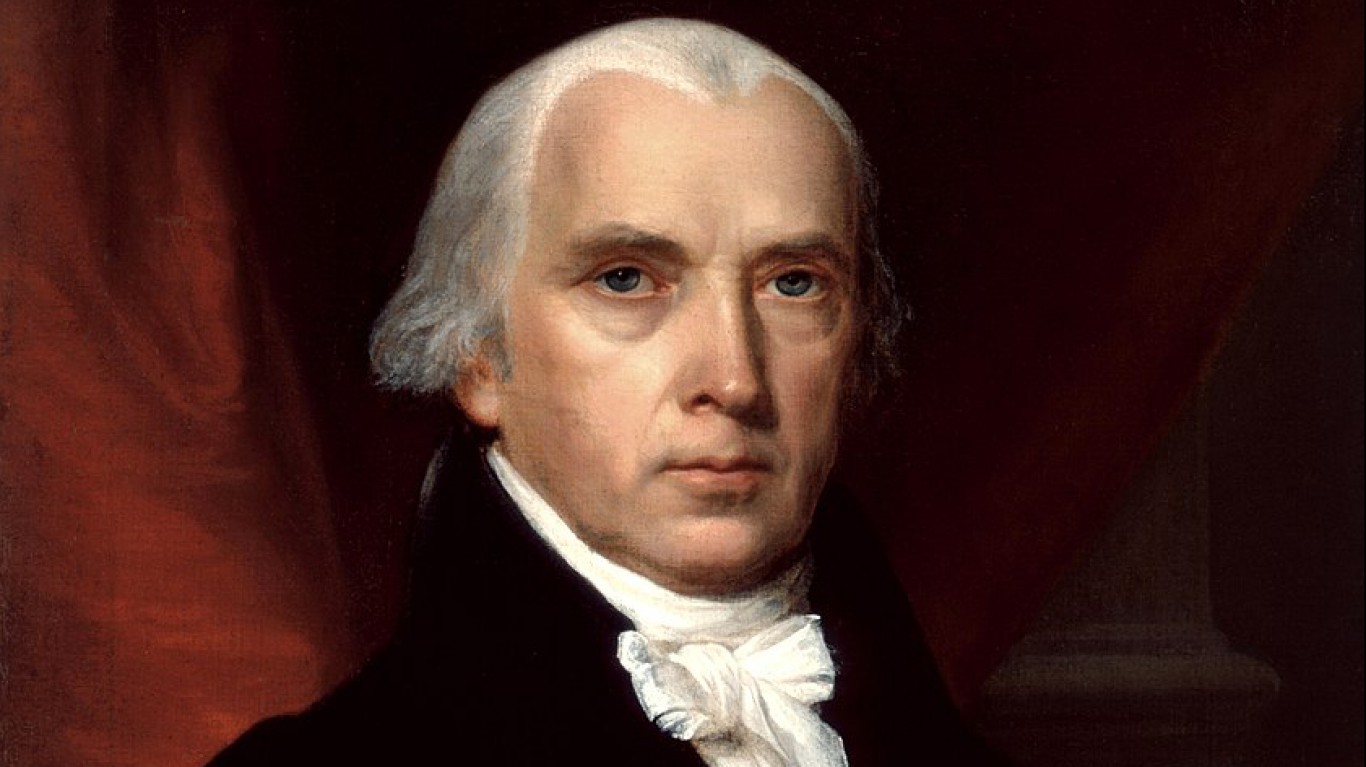
Can you name at least one of the three authors of The Federalist Papers?
You might remember the Federalist Papers from your high school American history class. This question is considered one of the harder ones on the U.S. naturalization test. Originally known as The Federalist, the papers were a collection of 85 articles and essays published in newspapers from October 1787 to May 1788, urging New Yorkers to ratify the new Constitution. Written under the pen-name Publius, the papers were authored by Founding Fathers Alexander Hamilton, John Jay, and James Madison.

What are the five freedoms guaranteed under the First Amendment?
The most recent annual Constitution Day Civics Survey from the Annenberg Public Policy Center found a declining number of Americans could name any one of the five freedoms enshrined in the First Amendment, which notably does not stipulate a legal age or citizenship status for these protections. The five freedoms in which Congress cannot interfere are: speech, religion, press, assembly, and the right to petition the government.
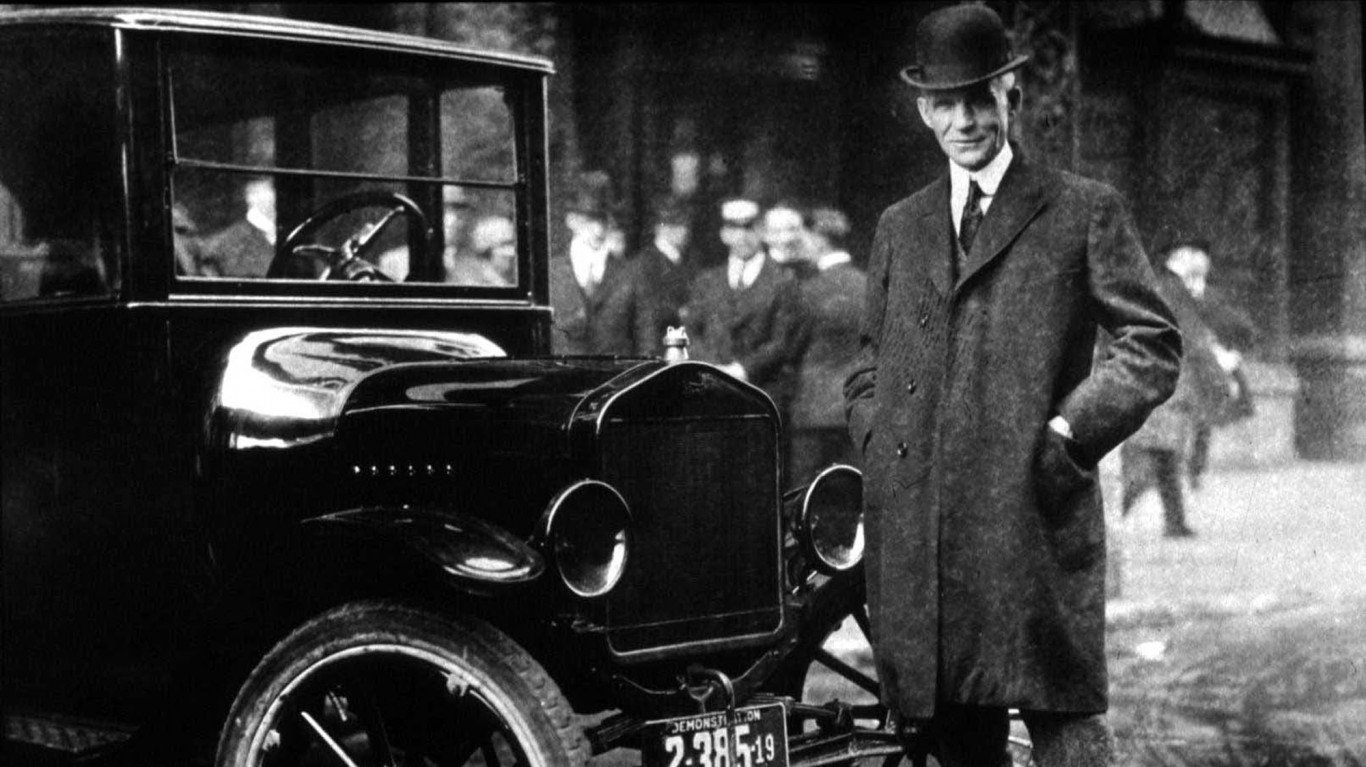
Who invented the first car?
In 2014, Fox News conservative television personality Laura Ingraham incorrectly claimed that Americans “invented the automobile,” reflecting a common misconception among some Americans that U.S. industrialist Henry Ford deserves the credit. In fact, what Ford invented was the assembly-line method of vehicle manufacturing, which made the Ford Model T one of the best-selling cars in history. In fact, the automobile has Old World roots. In 1886, German engineer Karl Benz (yes, that Benz) claimed the first patent for an internal-combustion car.
[in-text-ad-2]

How much wealth does the 1% own?
A 2015 survey by Ipsos MORI found that, on average, Americans believe the wealthiest 1% own 57% of the country’s wealth. At the time, the correct answer was 37% and in 2021 it was 32.3%. Such a small number of households owning about a third of the nation’s wealth still illustrates vast wealth inequality, but many Americans overestimate this disparity. Part of the confusion may be related to a statistic about stocks: The wealthiest 10% of Americans owned a record 89% of all U.S. stocks in 2021, according to the Federal Reserve.

What were the original 13 states?
Another question on the U.S. citizenship test asks applicants to name the original 13 states that ratified the Constitution. Seventy-two percent of Americans surveyed by the Woodrow Wilson National Fellowship Foundation in 2018 couldn’t correctly name them. They are New Hampshire, Massachusetts, Rhode Island, Connecticut, New York, New Jersey, Pennsylvania, Delaware, Maryland, Virginia, North Carolina, South Carolina, and Georgia.
[in-text-ad]

What city was the first capital of the United States?
Many Americans may know that Washington D.C. was not the original seat of the federal government, but they might not know which city was. At various times, the nation’s capital was located in eight different cities, including three in Pennsylvania, and two each in New Jersey and Maryland. Anyone who has visited Wall Street, however, has probably seen the large bronze sculpture of George Washington in front of the Federal Hall National Memorial. That’s where the Congress of the Confederation, the country’s first central government, convened – making New York City the country’s first capital.

What share of the American population was born abroad?
With so much debate raging about U.S. immigration policy and so much media coverage of migrants seeking refuge in the United States, it might be understandable that Americans vastly overestimate how much of the U.S. population was born abroad. A survey by Ipsos MORI in 2015 found that Americans on average believe a third of the population was born outside of the United States. The correct answer was 14% in 2015 and that share remains relatively unchanged to this day.

What percentage of the US population are atheists?
A 2015 survey by Ipsos MORI found that respondents in 31 out of 33 countries, led by India and Spain, significantly overestimated the number of citizens who do not affiliate themselves with any religion. Respondents in the United States also got it wrong, believing that about 40% of Americans identify as atheists or agnostics, while the reality is about 20%.
[in-text-ad-2]

What is the average annual full-time salary?
Just as many Americans overestimate how much of the nation’s wealth is held by the fabled 1%, they also underestimate the average annual salary of a full-time American worker. In a 2015 survey, Ipsos MORI found that most American respondents thought that number was $26,000. In fact, at the time it was about $41,000. Today, it’s about $58,000, according to the Bureau of Labor Statistics.
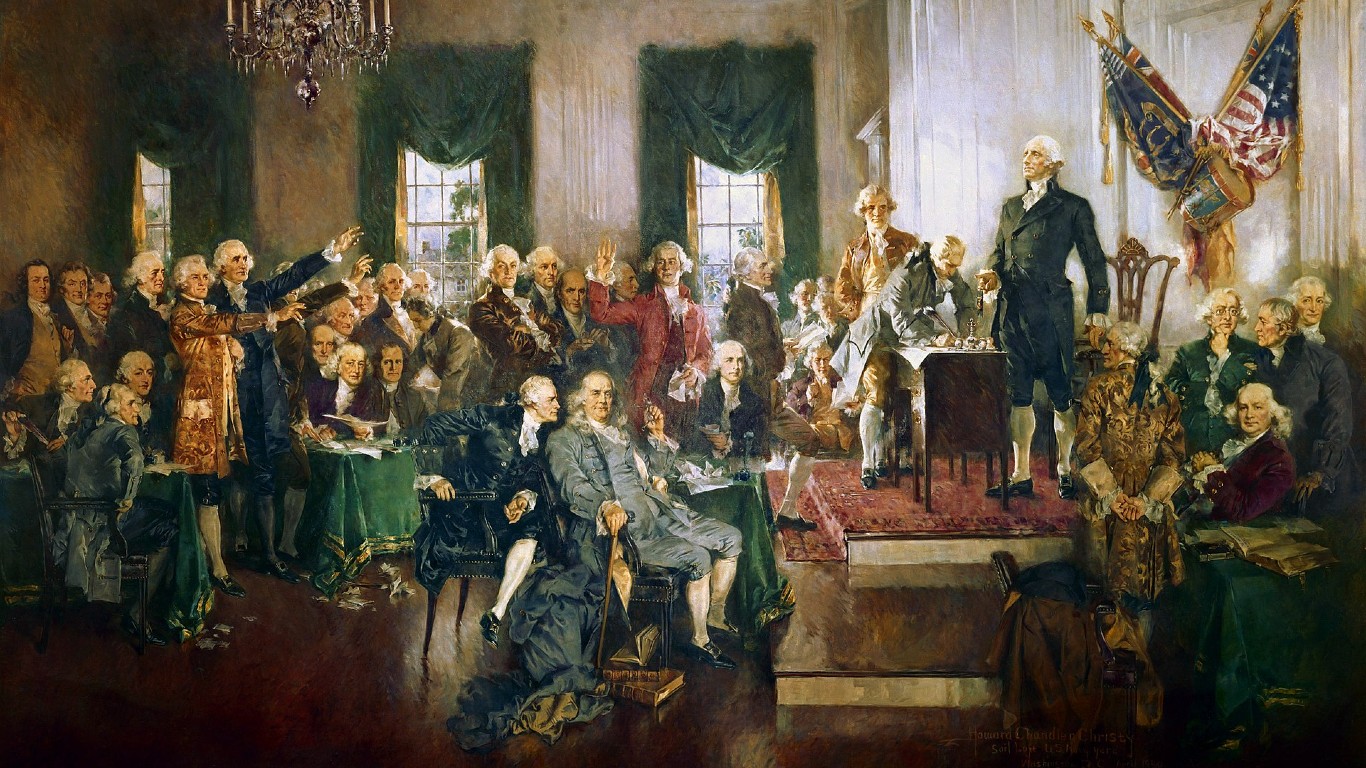
When was the Constitution ratified?
Many Americans confuse the year the Constitution was ratified with the year the Declaration of Independence was signed. Only 13% of respondents to a 2018 survey by the Woodrow Wilson National Fellowship Foundation knew that the Constitution’s ratification occurred fully 12 years after the birth of the nation in 1776. This question is one asked on the test given to immigrants seeking citizenship.
[in-text-ad]
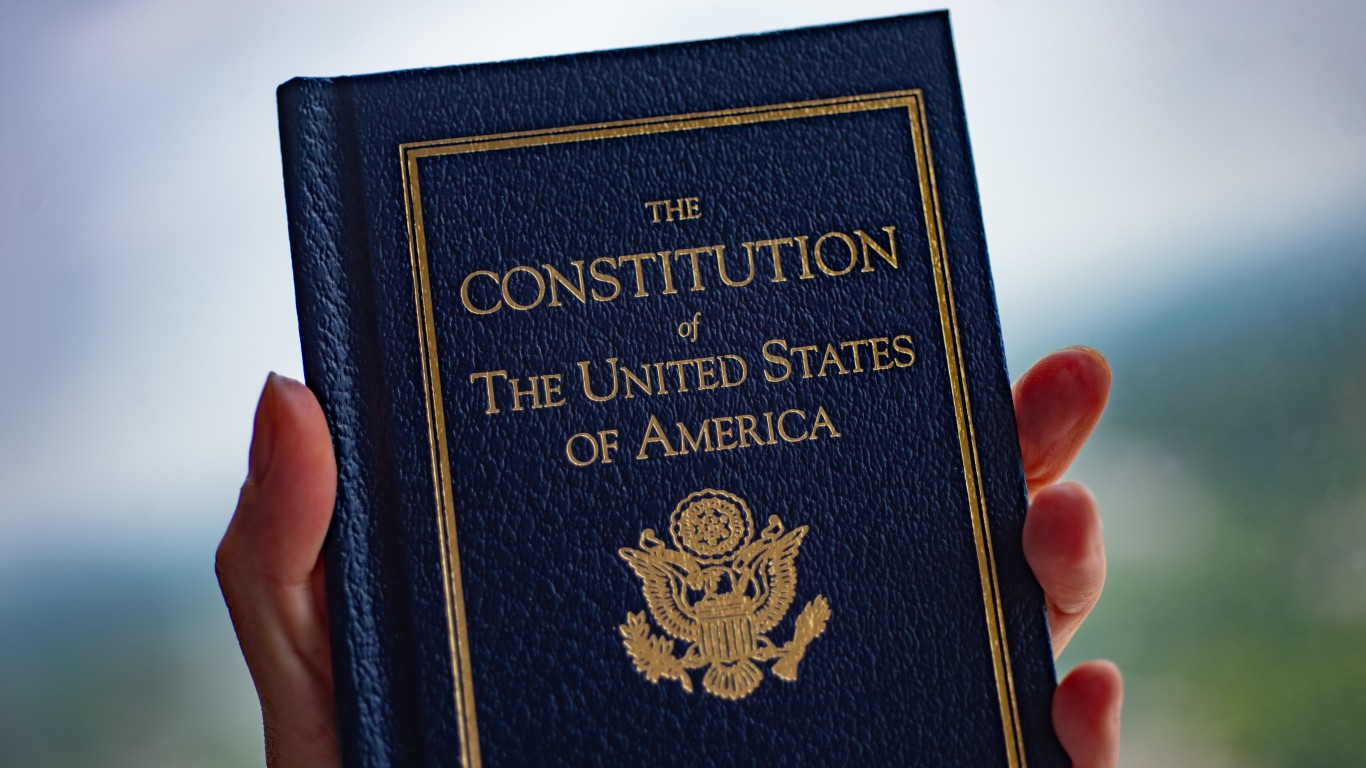
How many amendments to the Constitution are there?
Another question from the test given to immigrants seeking citizenship, this one is pretty simple but can be difficult for many Americans to answer. The U.S. Constitution has 27 Amendments. The first 10, ratified together in 1789, constitute the Bill of Rights. The 11th was ratified in 1794; four more were added in the 19th century, including the the 13th, which abolished slavery; and the rest passed after 1900, including the 18th, prohibiting the manufacture and sale of alcohol, and the 20th, repealing the 18th.
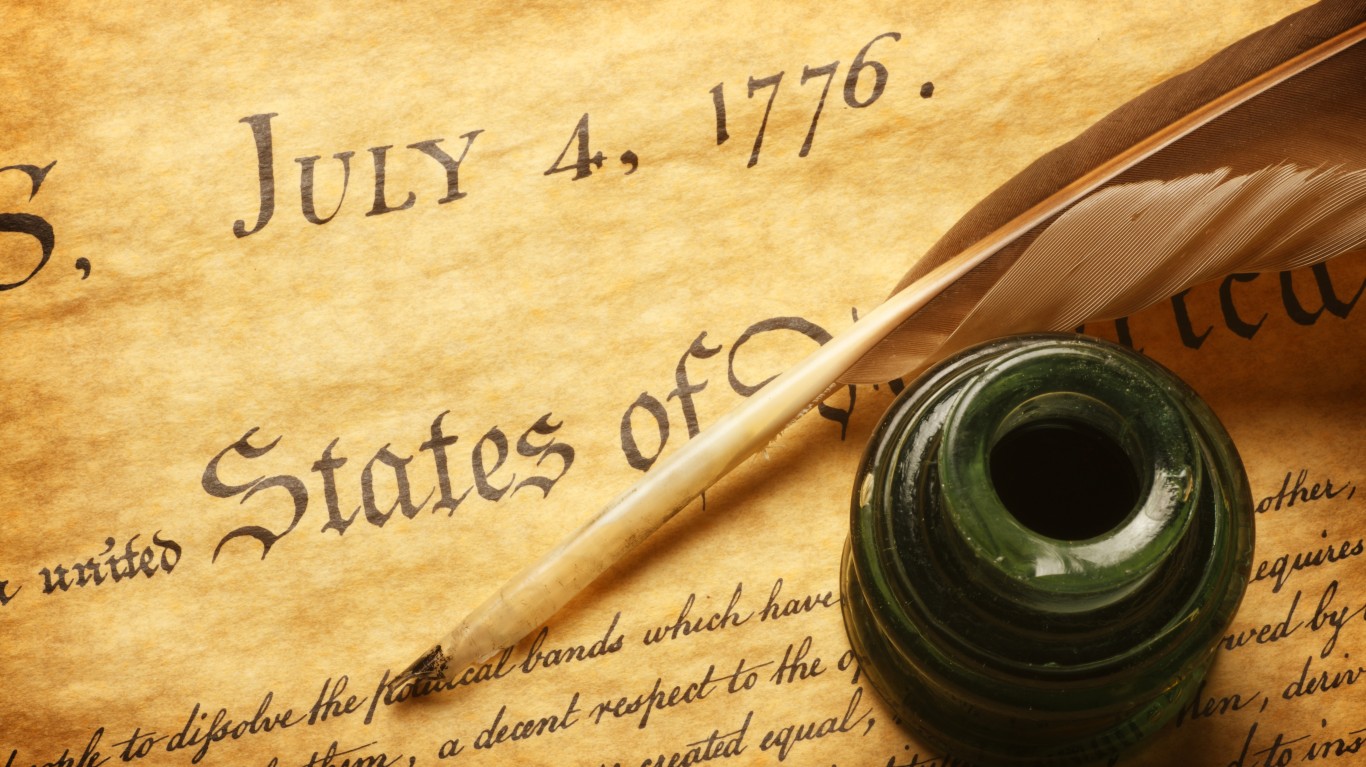
What rights does the Declaration of Independence guarantee?
The question found on the test given to immigrants seeking citizenship is fairly generous in that it asks for only two of these rights. The three correct answers, though, are life, liberty, and the pursuit of happiness. Unfortunately, there’s no extra credit on the test for being able to name all three.
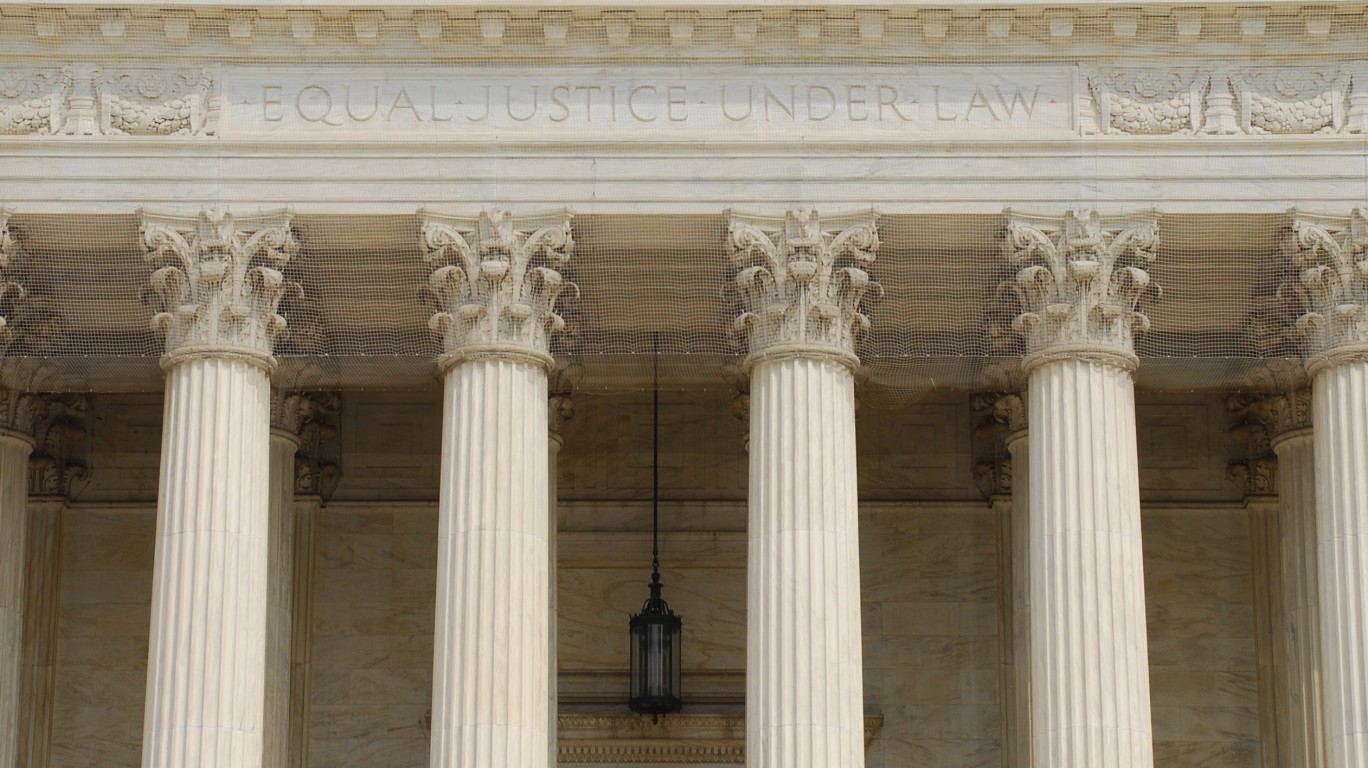
How many justices are on the Supreme Court?
Despite divisive partisan clashes in recent years regarding how Supreme Court justices are selected, only 43% of Americans were able to say how many sit on the nation’s highest court, according to a 2018 survey by the Woodrow Wilson National Fellowship Foundation. There are nine justices, currently John Roberts (the Chief Justice), Clarence Thomas, Samuel Alito, Sonia Sotomayor, Elena Kagan, Neil Gorsuch, Brett Kavanaugh, Amy Coney Barrett, and Ketanji Brown Jackson.
[in-text-ad-2]
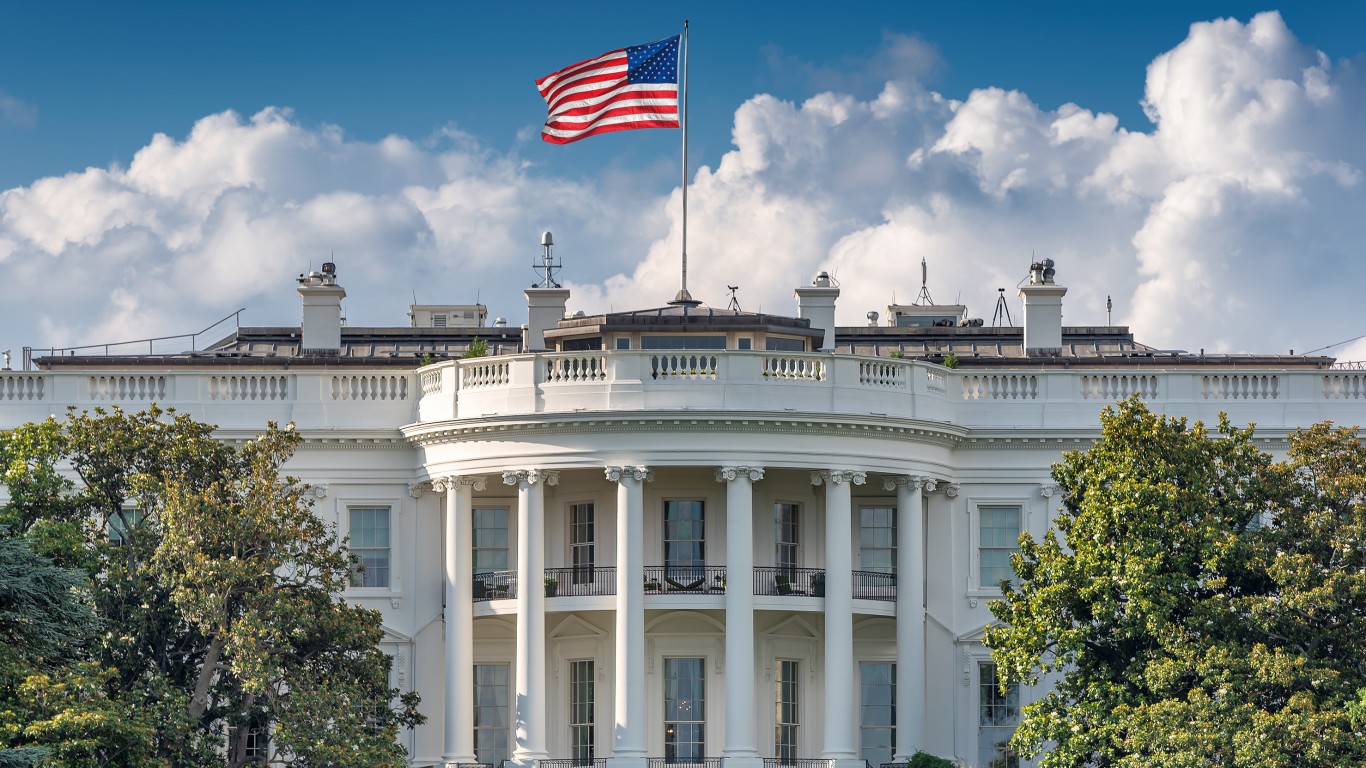
What are the three branches of government?
The popular 1970s animated musical civic educational series “Schoolhouse Rock!” included an episode titled “Three-Ring Government” whose lyrical refrain is: “Ring one, executive / Two is legislative, that’s Congress / Ring three, judiciary.” Executive, legislative, judiciary: Easy enough, right? Well, according to the Annenberg Public Policy Center’s 2022 Constitution Day Civic Survey, 25% of citizen respondents couldn’t name one branch of government while another 29% could only name one or two branches.

Which countries did the US fight during World War II?
The 1998 epic blockbuster film “Saving Private Ryan,” not to mention countless World War II documentaries on American TV over the decades, isn’t enough to enable many Americans to name the belligerents in a global conflict that killed tens of millions of people, including nearly 417,000 U.S. soldiers. According to a 2018 survey by the Woodrow Wilson National Fellowship Foundation, a staggering 60% of citizen respondents didn’t know that the primary enemies of the United States and its allies were Germany, Italy, and Japan.
Sponsored: Attention Savvy Investors: Speak to 3 Financial Experts – FREE
Ever wanted an extra set of eyes on an investment you’re considering? Now you can speak with up to 3 financial experts in your area for FREE. By simply
clicking here you can begin to match with financial professionals who can help guide you through the financial decisions you’re making. And the best part? The first conversation with them is free.
Click here to match with up to 3 financial pros who would be excited to help you make financial decisions.
Thank you for reading! Have some feedback for us?
Contact the 24/7 Wall St. editorial team.
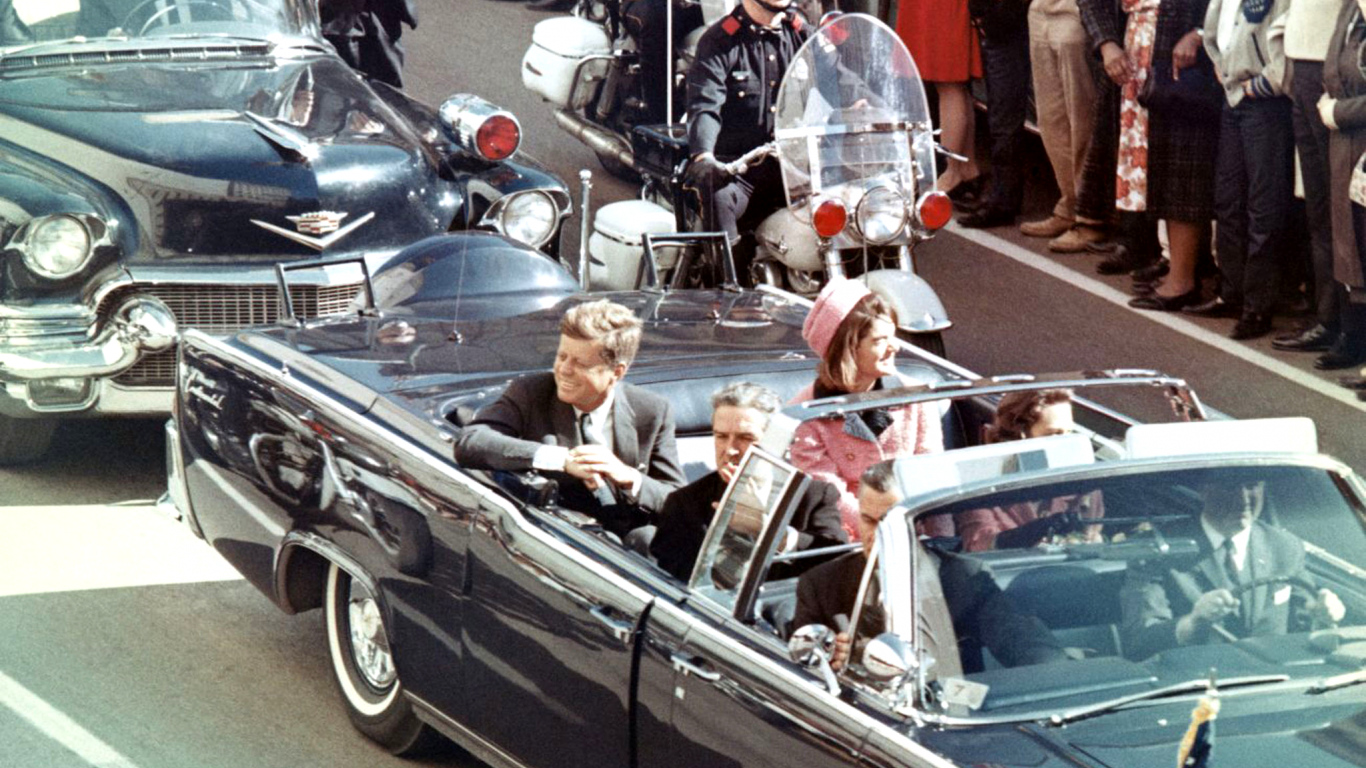 24/7 Wall St.
24/7 Wall St.

